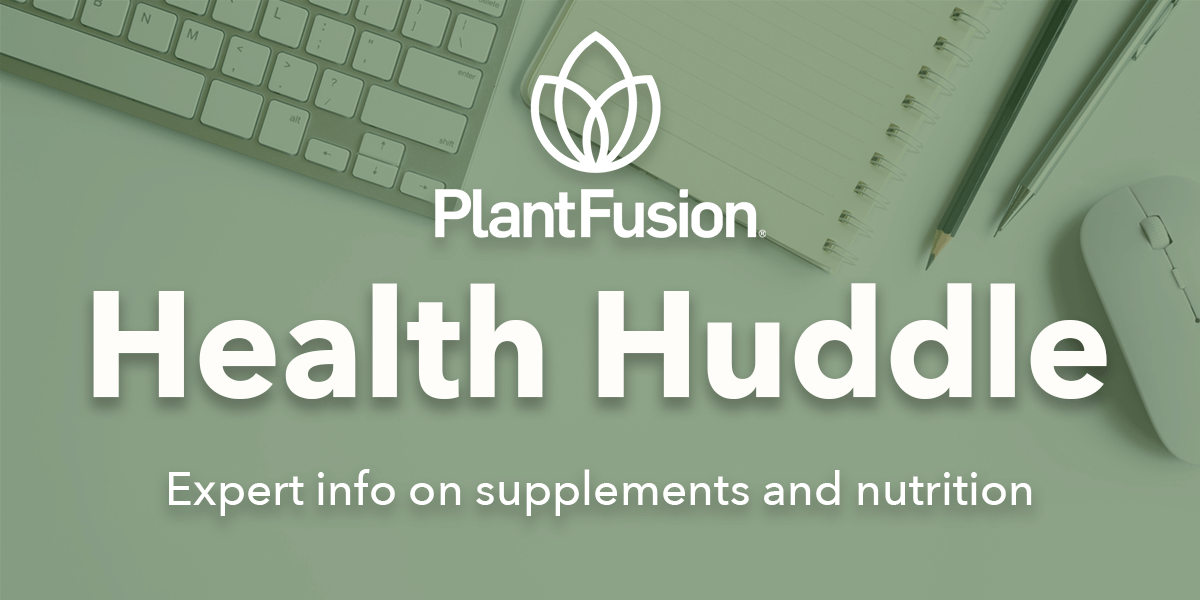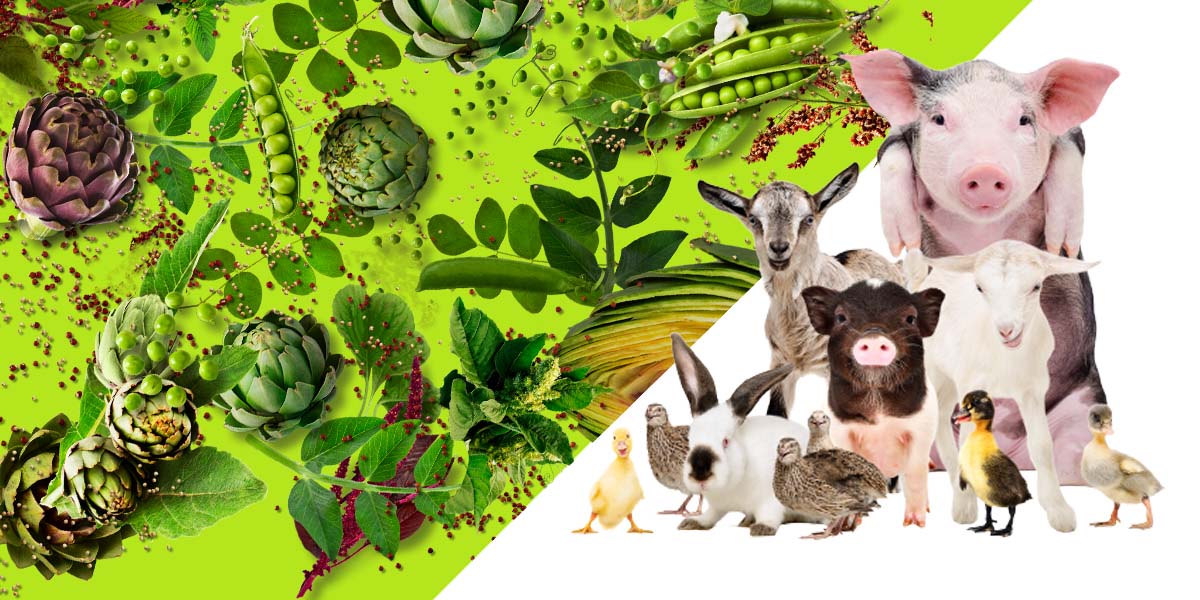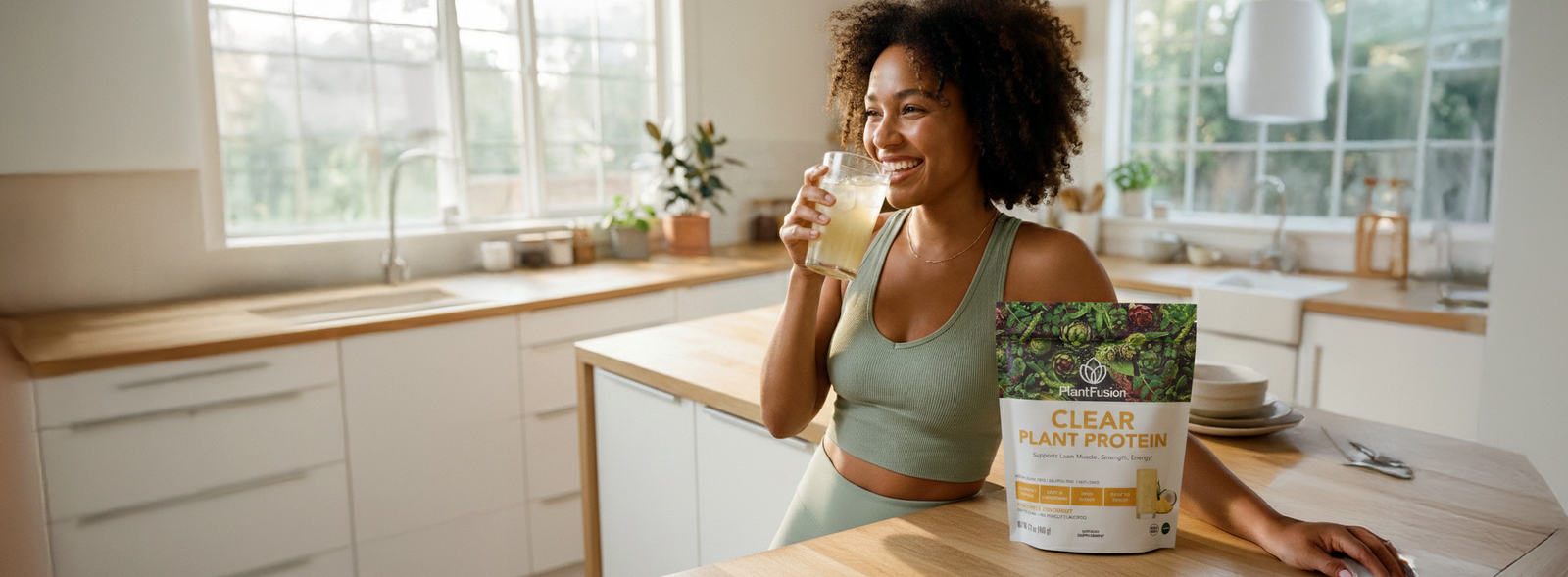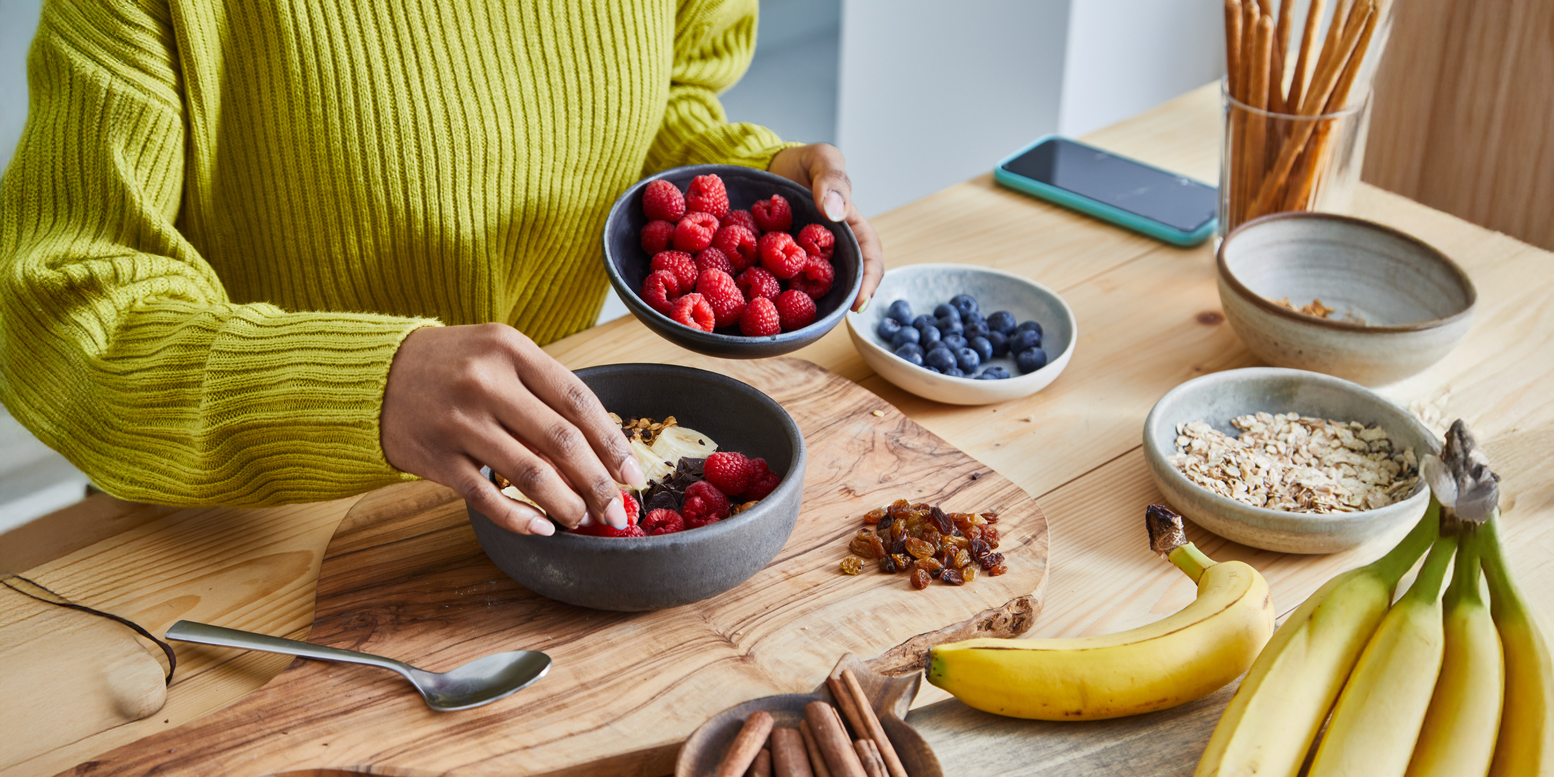The buzzword “collagen” has been a hot topic for a few years now. So if you’ve been alive recently, chances are pretty high that you’ve heard this keyword tossed around on commercials, advertised as a supplement for (aging) skin, or touted as a wonder supplement that you just absolutely must have.
Given how intricate the process is to produce natural collagen and how many helpers the body deploys along the way to break down this protein and reap the benefits, you have to ask yourself: Just how efficient are the collagen supplement products we see on TV and in stores?
They’re not.
But let’s backup for a second.
Collagen is one of the many proteins that our bodies produce, and it’s actually one of the more abundant proteins found in the body due to its important role as a “builder”. It helps hold the body together! Collagen protein is found in our hair, nails, bones, skin, and connective tissues (like tendons and ligaments).
As we age, our bodies gradually produce less natural collagen, which makes the bones brittle, the skin sag, and causes our joints to ache. (No wonder so many companies hype up the miraculous wonders of collagen supplements, especially as a supplement for the skin! We need not ever face the consequences of living and aging!)
Most proteins are made up of around 20 amino acids, but collagen is constructed of only four. Collagen’s amino acids are glycine, proline, hydroxyproline, and alanine. When amino acids bond, they form a peptide bond, and the arrangement of these amino acids determines which protein it is and where it’s located in the body. In order for proteins to be properly absorbed and utilized by the body, the peptide bonds must be fully digested just like any food we eat. The digested proteins, plus vitamins, minerals, and other nutrients are then used to build collagen in our body by special cells called fibroblasts. The production and absorption of collagen is a lot more complex than simply eating more protein!
Do Collagen Peptide Supplements Work?
Unfortunately, when we ingest collagen protein from animals, it is not instantly converted to collagen in the body.
Not only does the body simply not work this way (and the lack of scientific evidence to support the advertised claims), if people knew what the animal-based collagen protein was made from, they’d probably reconsider. (Think the leftover bits and pieces of meat, so cartilage, bones, and miscellaneous scraps, which are then cooked at a high temperature until a sludge called “gelatin” is born. This goop is then further processed to create collagen peptides, the collagen supplements that we’re talking about.)
So if aging lessens the production of natural collagen, and collagen is an important protein that we’d like to keep producing, how do we even go about doing that if the products don’t work?
We believe it makes the most sense to seek out the vitamins and foods that build collagen naturally.
These things are plant-based collagen “enhancers” (or vegan collagen, if you will).
Collagen Supplements in Food
By understanding the key components in the production of collagen (i.e. amino acids, vitamins, minerals, and antioxidants), you can adjust your diet to include collagen-producing foods! For example, having an orange or eating some broccoli will provide you with some vitamin C. Grabbing a handful of blackberries, blueberries, or cherries can give you the nutrients from anthocyanidins. Both of Vitamin C and anthocyanidins support collagen formation.
PlantFusion has taken some of the guesswork out of the equation for you by creating a Complete Plant Collagen Builder. (Like a vegan collagen helper!) We’ve sourced and incorporated some important key players (and added our signature delicious flavors), so that you can boost and support your body’s natural production of collagen and actually enjoy doing it!
The Ingredients
- OxyPhyte™ White Tea Extract—White tea contains polyphenols, which are micronutrients found in some plant-based foods that are bursting with antioxidants. A major health benefit is that these polyphenols prevent enzymes in the body from damaging collagen fibers. (As we age, we don’t want anything attacking the decreasing collagen that’s being made!)
- Saberry™ Amla Fruit Extract—Amla fruits also inhibit enzymes from damaging collagen fibers. On top of that, they support healthy energy production in cells. Studies have shown that these special fruits also enhance our body’s natural ability to produce Procollagen Type 1. (There are four main roles of collagen, and Type 1 is the largest group, accounting for about 90% of the collagen in our bodies.)
- Hyaluronic Acid—This moisture-enhancing nutrient binds the two most important structural components in our skin and joints: collagen and elastin. (Elastin, as the name suggests, is an elastic protein that helps our skin, for example, bounce back after being poked, pinched, or squished.) Hyaluronic acid also aids in the hydration of our skin and joints.
-
Phytoceramides—These are ceramides found in plants. Ceramides are found in the outer layer of our skin, helping retain moisture. Skin ceramides make up roughly 35-40% of the natural fats that bind together skin cells. Since they retain moisture, phytoceramides restore, replenish, and hydrate our skin and joints. (The phytoceramides and hyaluronic acid found in PlantFusion’s Complete Plant Collagen Builder make thisnatural collagenproducer a greatsupplement for the skin!)
So What Now?
The moral of this story is that plant-based ingredients are far more efficacious at building, hydrating, and protecting collagen simply because they support our body’s natural functions. Although animal-based collagen products may seem wonderful, they’re only the tip of the iceberg and don’t offer any nutritional value.
If you’re looking for something that goes beyond basic animal collagen and offers a higher level of overall benefits, then try a free sample of our our vegan collagen builder today! It comes with a $5 coupon. Just pay $4.99 shipping/handling.
















